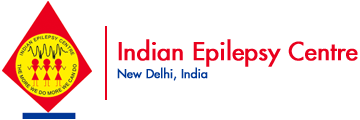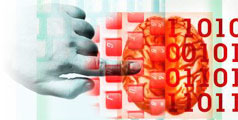Dos & DONTs
In case of a 'fit' or 'seizure' at home or at office:
Do The Following
» Allow the seizure to be completed. Turn the patient on to one side and ensure that he/she can breathe freely.
» Shift the patient away from any dangerous place/object and loosen all the tight clothing.
» The patient may be confused after the fit, and may need to the reassured with sympathy but without fuss.
» Help the patient so that he/she can continue his/her activity.
» Transfer the patient to a doctor/hospital if the patient gets recurrent fits, has injury or does not become conscious.
Don't Do The Following
» DO NOT attempt to force anything between the teeth, as a spoon or wooden piece can break the teeth while a cloth can cause choking. Even if the tongue gets bitten, it usually heals in the next few days.
» DO NOT attempt to stop the convulsive movements as it may result in injury to the person.
» DO NOT allow people to crowd around the convulsing person.
» DO NOT put a shoe, onion or any other thing in front of the patient’s nose.



